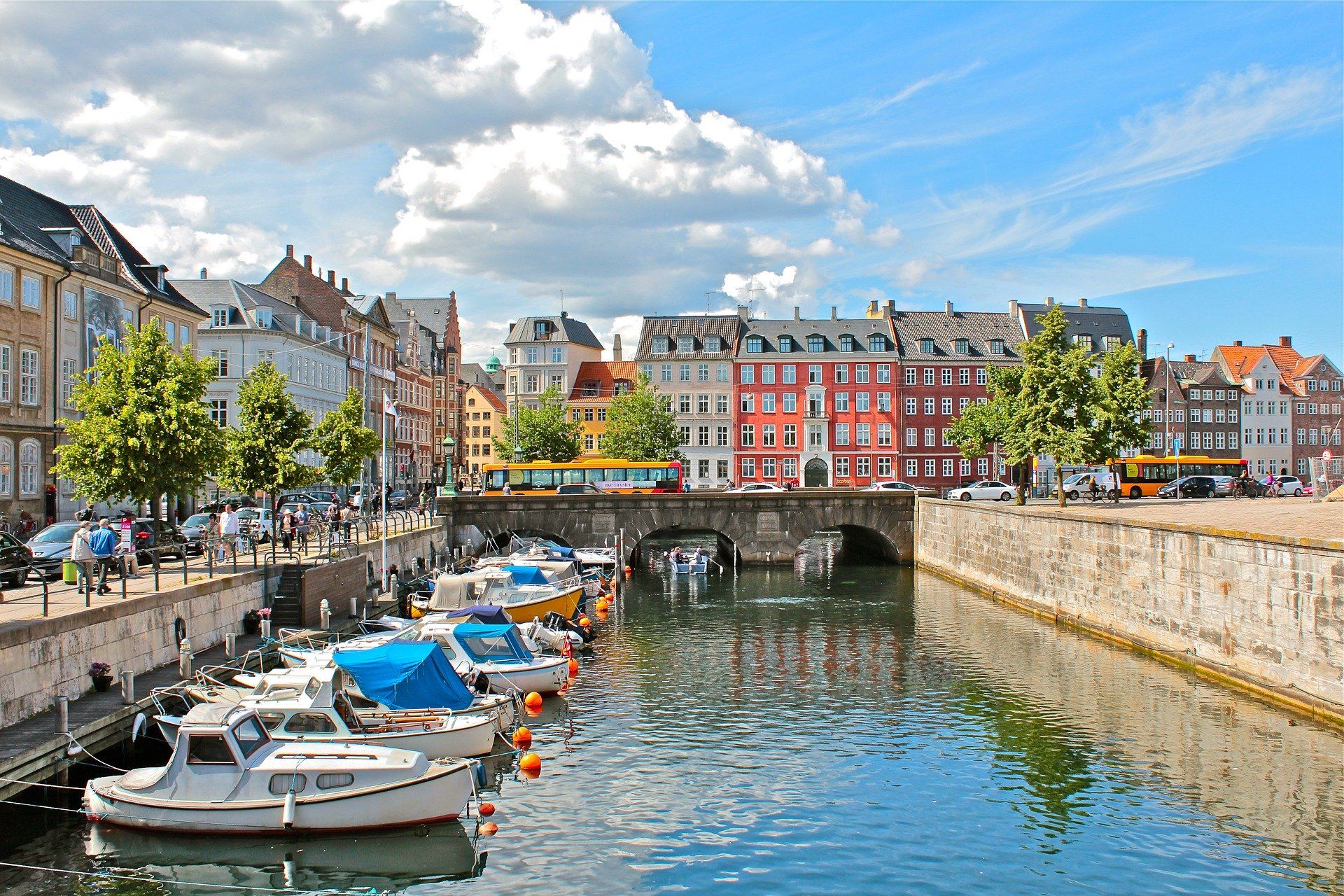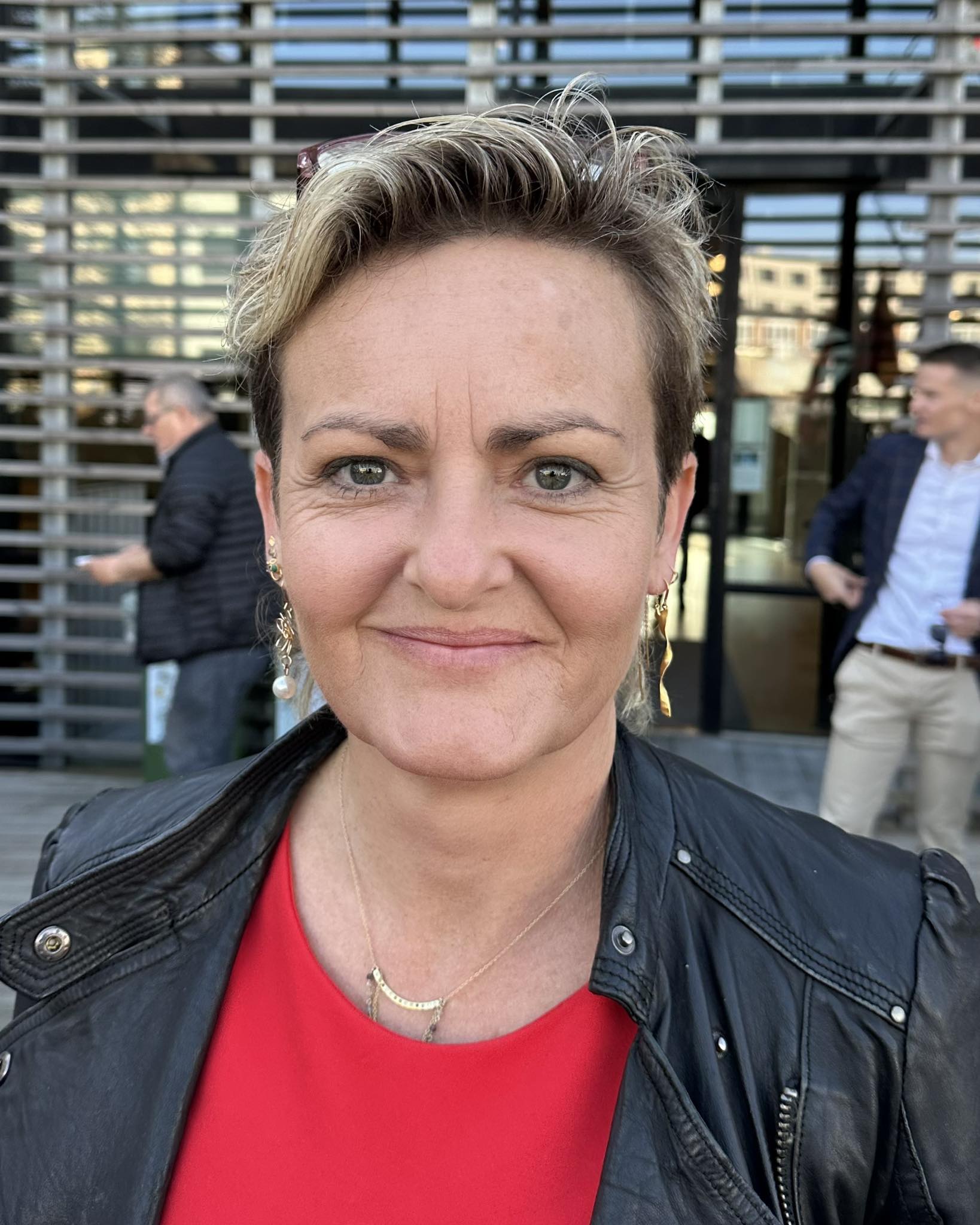With the general election on June 18 just around the corner, experts are voicing their concerns about the 7 percent of the Danish population who don’t have the opportunity to vote: namely the 350,000 foreigners living in Denmark.
In addition, a further 135,000 living overseas in countries like Finland and Norway also cannot vote.
According to Roger Buch, a research director at the Danish school of media and journalism, the rise in disenfranchised voters is not only becoming an increasingly democratic problem.
“It’s not only a democratic problem, it is also a problem in relation to integration. If you don’t have the right to vote like other citizens in Denmark, it is understandably hard to feel integrated in our country,” Buch told DR.
Increasing numbers of non-voters
As stated in the Danish constitution, you must be a Danish citizen living in Denmark, Greenland or the Faroe Islands at the time of the election in order to register your vote. Danes living in Sweden can also vote.
However, with immigration levels in Denmark at an all-time high, Buch calls for a re-evaluation of citizenship requirements in order to lower the number of citizens living outside democracy.
“We will have to face the fact that it is now 7 percent of the population who can not participate in the elections,” he continued.
“Twenty years ago, it was 2 percent. In a few years, it will be 10 and later 15 or 20 percent. I do not think that we can live like this in the long-term.”











